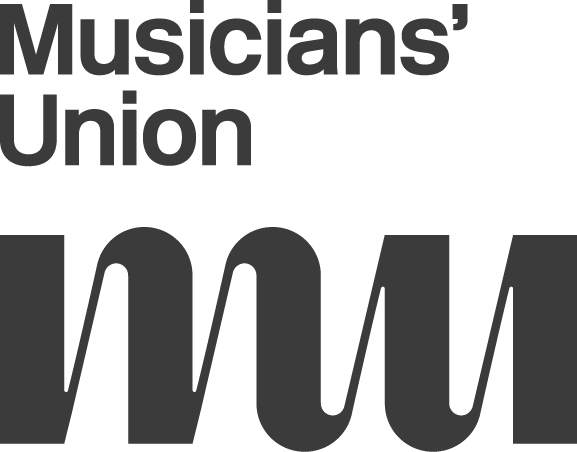 Maddy Radcliff is Membership Development Officer at the (MU), working across social media and campaigns. Here she talks about using Twitter and developing the Union’s social media activities.
Maddy Radcliff is Membership Development Officer at the (MU), working across social media and campaigns. Here she talks about using Twitter and developing the Union’s social media activities.
My first task every morning is to sit down and look at my TweetDeck setup. There are a dozen feeds covering every aspect of the MU’s work and campaigns. It looks complicated but I enjoy finding out what musicians think and chatting to them on a day to day basis, working on one of the main channels of communication through which the Union and members interact.
The Musicians’ Union represents over 30,000 musicians of every genre and style, working across the UK. We provide help for musicians from the very start of their careers, including instrument insurance, advice on band issues, early gigs and recordings, co-writing decisions and contracts. We campaign hard to make the industry fairer and work with government at all levels to make sure laws about everything, from national insurance to instruments on planes, support musicians.
Right now I am working on our most successful social media campaign yet: Work Not Play. Musicians are always asked to work for free, even after a lifetime of training and professional experience, because of a popular consensus that dictates music is too much fun to be work. So we are asking musicians to call such employers and engagers out on Twitter using the hashtag #WorkNotPlayMU.
Lost Arts is the second big campaign I work on, and is how I got involved with the MU. It is a joint project with seven other unions in the arts sector to catalogue and raise awareness of cuts and what they mean for communities. It is so important to have a strong voice for all the arts to make government listen and, if you are part of the Union, that voice is yours.
Social media is not just about campaigning though. Resources like the Fair Play Guide, Live Music Kit and our teaching contracts are put together by specialists at the MU for you to use on a day to day basis. My job is to help make sure our members know about them, and feel empowered as professional musicians to take true charge of their own careers.
The MU has a democratic structure, which means that the issues we work on are those our members raise as working musicians. This year is our 120th anniversary. Twenty musicians turned out to the first meeting in 1893. We now have 30,000 musicians telling us about the challenges they face in their working lives.
Right now we are looking at how to celebrate that birthday on Twitter. Working through the MU archive for cartoons, magazine covers and photographs has been one of the highlights of my time here so far. Sure there are common themes like rates, technology, health and safety, and getting work. But musicians still have to fight for their rights on a daily basis and the MU has always been there to protect them. It is why the Union exists: expertise and strength in numbers.
Working at the MU was daunting at first but now I cannot imagine working anywhere else. There is a wealth of experience in the office and a never-ending stream of brilliant stories. On staff we have so many talented artists who understand just how tough and how rewarding a career in music can be. Name orchestral players work alongside former punk rockers towards the same goal – protecting musicians. Members call on us for assistance, tweet and share their experiences. And together, we are the MU.
musicians union, social media, work not play, unsigned bands, unsigned artists, unsigned musicians

 Maddy Radcliff is Membership Development Officer at the Musicians’ Union (MU), working across social media and campaigns. Here she talks about using Twitter and developing the Union’s social media activities.
Maddy Radcliff is Membership Development Officer at the Musicians’ Union (MU), working across social media and campaigns. Here she talks about using Twitter and developing the Union’s social media activities. 





